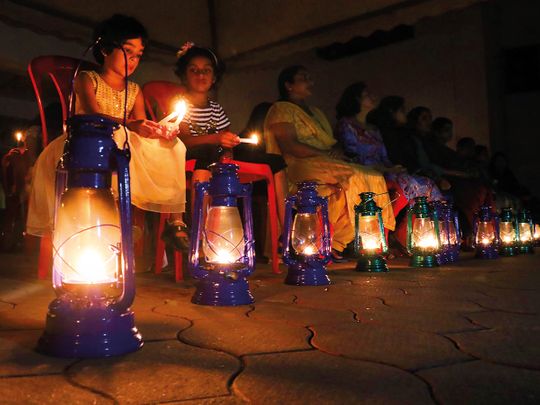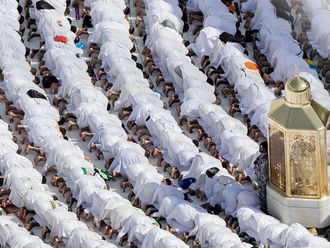
Thiruvananthapuram: The final, feeble hopes of owners of 350 apartments in five illegal high-rises in Maradu in Kerala’s commercial capital, Kochi, melted away on Saturday, with the state chief secretary announcing that eviction of residents would begin on Sunday.
The five buildings that together have 350 apartments were found to have been illegally constructed, and India’s Supreme Court has ordered their demolition. They were constructed nearly two decades ago, when the area fell into the Coastal Regulation Zone — III, which was a no-build zone.
Subsequent legislation brought the area into the Coastal Regulation Zone — II, but the apex court said the buildings ought to be razed because the builders had flouted rules at the time of construction.
“We will go ahead with the eviction and other procedures according to the action plan we have given to the Supreme Court”, state chief secretary Tom Jose said on Saturday. He said steps were afoot to attach the properties of the builders who constructed the illegal buildings.
Power and water supplies to the buildings had been snapped last week, and those who are continuing to stay in their flats are doing so by arranging for private water supplies and using generators.
The state government on Friday had given an undertaking to the apex court that the demolition of the buildings will be completed in 138 days.
The chief secretary reiterated that the apartment owners would be provided an interim compensation of Rs2.5 million (Dh129,935) each. The state government will also provide alternate temporary accommodation. The apex court has directed setting up of a committee to assess the total compensation to be paid to the apartment owners.
On social media, however, many people criticised paying compensation to the flat owners from government coffers. “Why should the government use people’s money to compensate those who bought illegally constructed apartments?” asked one commentator.
Several others doubted whether the government would be able to recover the compensation amount from the builders, as directed by the Supreme Court. Some commentators also demanded that compensation be claimed from the municipal officials who gave sanction to the builders to construct in a no-build zone.












